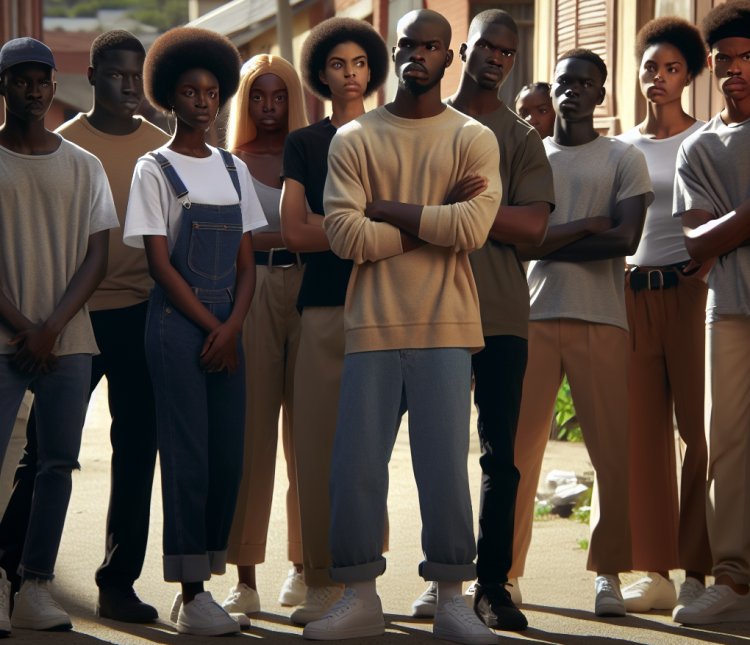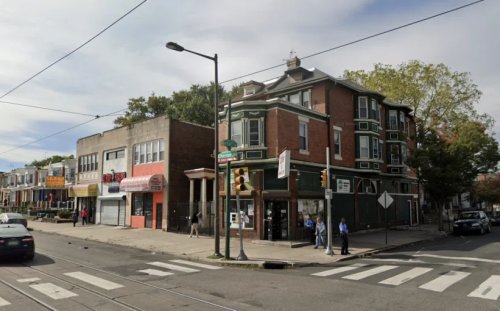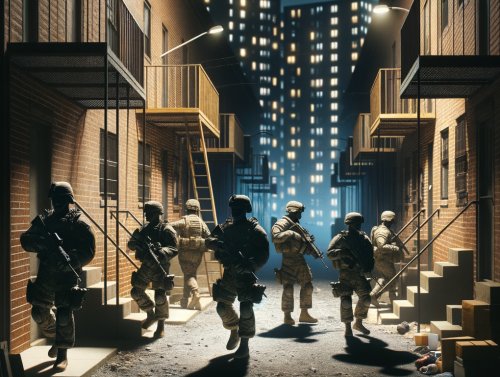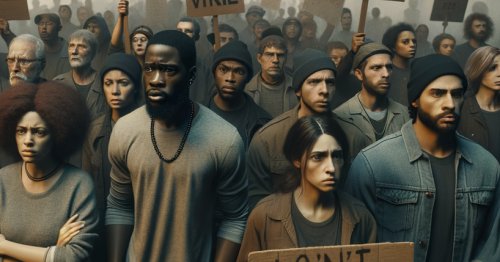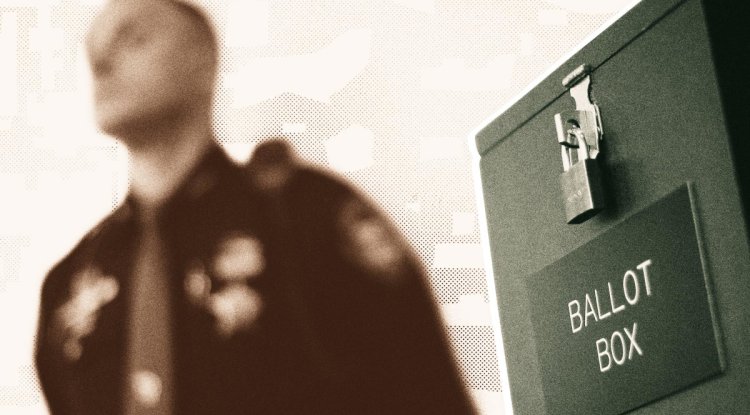Understanding Racial Harassment in Schools: The Case of Deina Ricketts
The case sheds light on the serious issues of racial harassment that black students face, even in seemingly progressive learning environments.
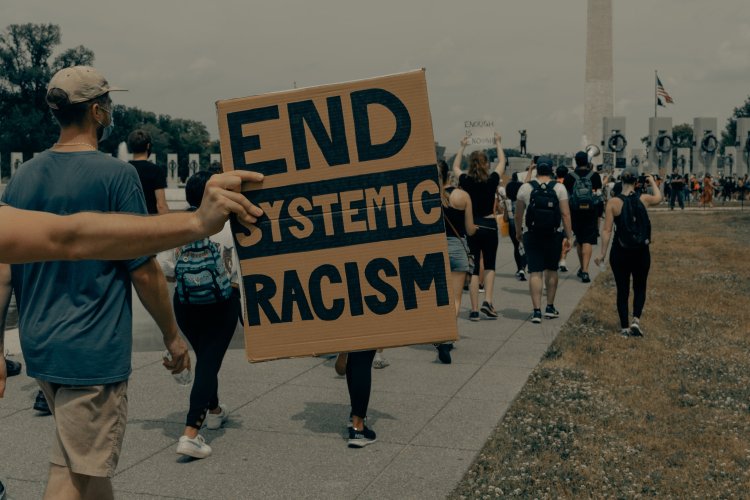
In a troubling instance of racial discrimination within the educational system, Deina Ricketts, a former student from North Carolina, is moving forward with her lawsuit against the Wayne County Public School System. The case sheds light on the serious issues of racial harassment that black students face, even in seemingly progressive learning environments.
According to the filed lawsuit, Ricketts endured a barrage of racial attacks during her high school Student Council election in 2016. These attacks included being derogatively compared to a cockroach and experiencing deliberate attempts to sabotage her campaign by leaving her name off the ballot. Notably, this behavior extended beyond her immediate peers; the lawsuit suggests that school officials were indifferent to the harassment, thereby failing in their duty to protect students and address such discrimination.
The Fourth Circuit Court of Appeals has recently ruled to allow Ricketts to proceed with her claims against school officials, reversing an earlier dismissal by a trial judge. Ricketts' efforts to enhance diversity within her school's Student Council were met with hostility instead of support. Throughout her campaign, materials promoting her and other black candidates were defaced, while similar efforts by their white peers went unscathed. Despite the blatant discrimination, school officials attributed the omission of their names from the ballot to a supposed technical error—an explanation that Ricketts deemed unconvincing and indicative of systemic racism.
The court's decision highlights not only the individual's experiences but also the broader implications of indifference in addressing racial harassment within educational institutions. Ricketts' case emphasizes the responsibility that schools have in safeguarding their students from discrimination and creating an inclusive environment.
In addition to the racial harassment from her classmates, Ricketts faced a hostile atmosphere perpetuated by adults, further complicating her high school experience. After filing her complaints, Ricketts reported feeling threatened and unsafe at school, especially after the negative portrayal of black students in the school newspaper.
Ricketts' lawsuit serves as a crucial reminder that racial discrimination affects not just the individuals who experience it but also the community at large. It underscores the continuing need for vigilant action against racism in educational settings. As Ricketts, now a clinical researcher, prepares to take her case to trial, her story acts as a catalyst for conversations about racial equity in schools and the long-lasting impact of educational policies on minority students.
This case is not just about individual harm; it reflects a systemic issue and the urgent need for change in how schools address racial discrimination. Moving forward, it is vital that schools implement policies and practices that promote diversity, equity, and inclusion, ensuring that all students can participate in a safe and supportive environment.

